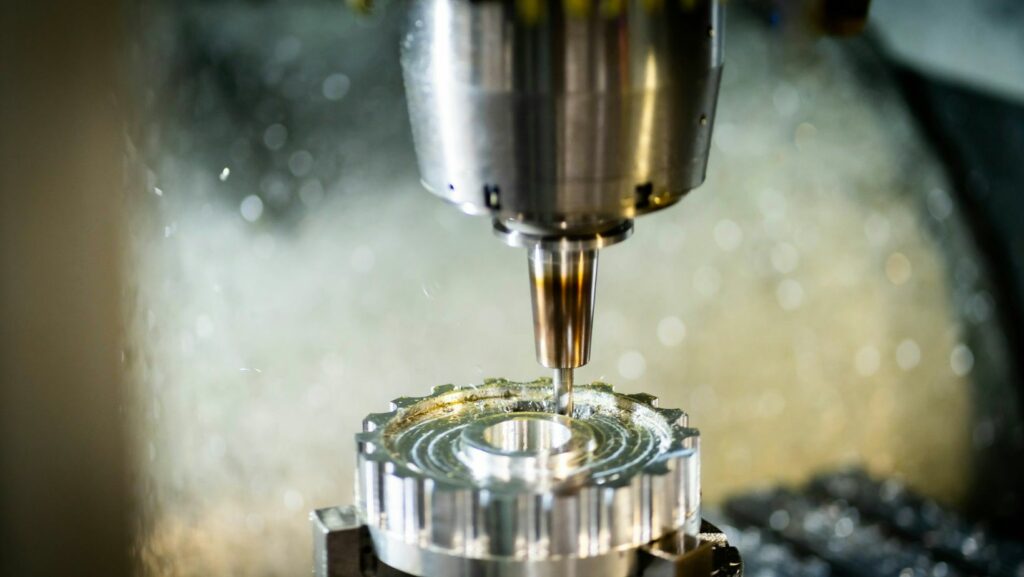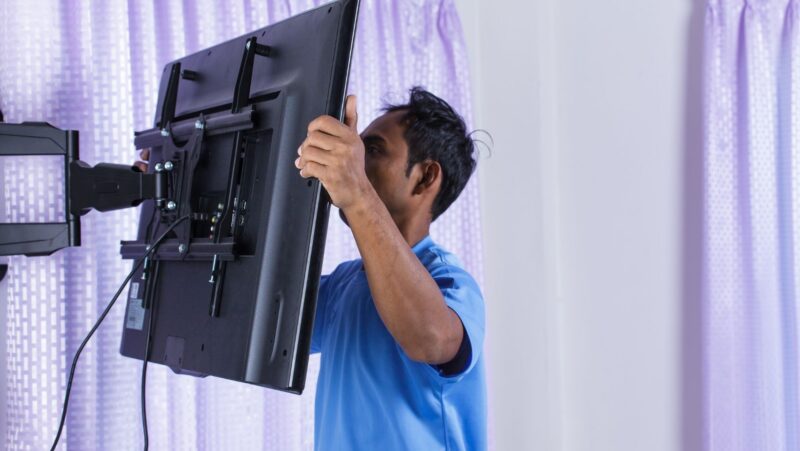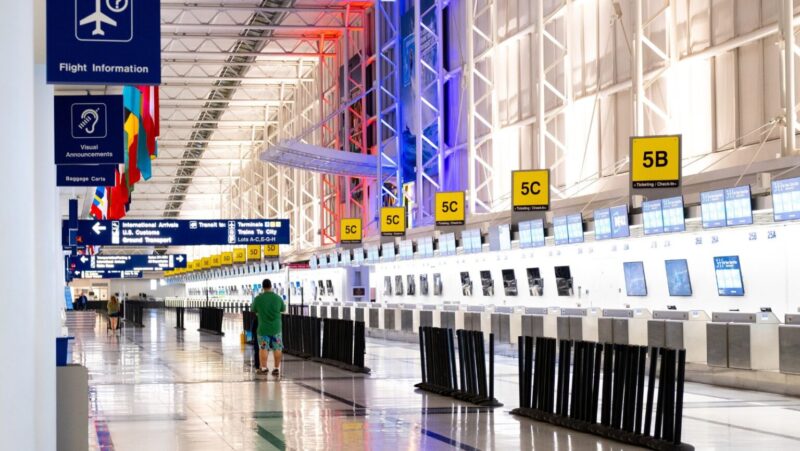
CNC machining is a cutting-edge manufacturing process that plays a crucial role in various industries. The term CNC stands for “Computer Numerical Control,” referring to the use of computers to control machine tools. CNC machining involves the precise removal of material from a workpiece to create the desired shape, often with high accuracy and consistency. This technology has revolutionized manufacturing by enabling the production of complex parts that would be difficult or impossible to achieve using manual methods.
In traditional machining, a skilled operator manually controls the machine, guiding it along specific paths to achieve the desired outcome. In contrast, CNC machining automates this process, using a computer to control the machine’s movements. The computer follows a set of programmed instructions, often generated from a digital model, to guide the machine tool as it cuts, drills, or grinds the material into the desired shape. This automation allows for highly precise and repeatable results, making CNC machining an essential technology in modern manufacturing.
The CNC Machining Process
The CNC machining process involves several key steps, each essential for ensuring that the final product meets the required specifications. Here’s a breakdown of the main stages:
Design and Programming
The process begins with creating a detailed design of the part to be manufactured. This is typically done using CAD (Computer-Aided Design) software, which allows engineers to develop a digital model of the component. Once the design is finalized, the next step is to translate this model into a set of instructions that the CNC machine can follow. This is achieved using CAM (Computer-Aided Manufacturing) software, which generates a toolpath and converts the design into a series of commands, often referred to as G-code.
Material Selection and Preparation
Selecting the appropriate material is crucial for the success of the CNC machining process. Depending on the application, materials can range from metals like aluminum, steel, or titanium to plastics and composites.
Once the material is chosen, it is prepared and securely mounted on the machine’s worktable. Proper fixturing is essential to ensure that the material remains stable during machining, preventing errors and ensuring precision.
Machining
With the material prepared and the machine programmed, the actual machining process can begin. The CNC machine follows the programmed toolpath, using its cutting tools to remove material from the workpiece. The process can involve various operations, including milling, turning, drilling, and grinding, depending on the shape and complexity of the part. CNC machining allows for multiple operations to be performed in a single setup, significantly reducing production time and improving efficiency.
Inspection and Quality Control
After machining, the finished part undergoes a thorough inspection to ensure it meets the required specifications. This inspection can include dimensional checks, surface finish evaluations, and even functional testing to verify that the part performs as intended. Quality control is a critical step in the CNC machining process, ensuring that each part meets the highest standards of precision and quality.
Advantages of CNC Machining
CNC machining offers numerous advantages over traditional manufacturing methods, making it a preferred choice in many industries. Here are some of the key benefits:
High Precision and Accuracy
One of the most significant advantages of CNC machining is its ability to produce parts with exceptional precision. CNC machines can achieve tight tolerances, often within micrometers, which is essential for applications that require high accuracy. This precision ensures that each part is manufactured to exact specifications, reducing the need for further processing.
Consistency and Repeatability
CNC machining excels in producing large quantities of identical parts with consistent quality. Once a CNC machine is programmed, it can produce part after part with the same level of precision, making it ideal for mass production. This repeatability eliminates variations and ensures uniformity across all produced components.
Flexibility and Versatility
CNC machines are highly versatile and can work with a wide range of materials, from metals and plastics to wood and composites. Additionally, they can perform a variety of operations, including cutting, drilling, and milling, all within a single setup. This flexibility allows manufacturers to produce complex and intricate designs that would be difficult to achieve with manual machining.
Efficiency and Speed
CNC machining significantly reduces production times by automating the machining process. Multiple operations can be carried out in a single setup, and the need for manual intervention is minimized.
This efficiency not only speeds up production but also reduces labor costs, making CNC machining a cost-effective solution for many industries.
Reduced Waste and Errors
The precision and automation of CNC machining result in less material waste compared to traditional methods. The programmed toolpaths are optimized to remove only the necessary amount of material, minimizing scrap. Additionally, the risk of human error is greatly reduced, as the computer controls the entire process, ensuring that each part is manufactured according to the exact design.
Propart sp. z o.o. – Your Partner in Precision CNC Machining
Propart sp. z o.o. is a leading Polish company specializing in CNC machining services. With years of experience and a state-of-the-art facility, Propart is dedicated to providing high-quality machining solutions that meet the needs of various industries, including automotive, aerospace, and medical sectors. The company’s expertise in CNC machining ensures that each project is executed with precision and attention to detail, delivering results that exceed customer expectations.
Propart sp. z o.o. offers a comprehensive range of CNC machining services, from initial design and prototyping to full-scale production. The company’s commitment to quality is evident in its rigorous inspection processes, ensuring that every component meets the highest standards. Whether you need a single prototype or mass production of parts, Propart is equipped to handle projects of any scale, providing reliable and efficient solutions tailored to your specific requirements.
CNC machining is a revolutionary manufacturing technology that offers unparalleled precision, consistency, and efficiency. Its ability to produce complex and high-precision parts makes it an indispensable tool in modern manufacturing. Propart sp. z o.o. is at the forefront of this technology, offering top-tier CNC machining services that cater to a wide range of industries. With a focus on quality and customer satisfaction, Propart is your trusted partner for all your CNC machining needs.









